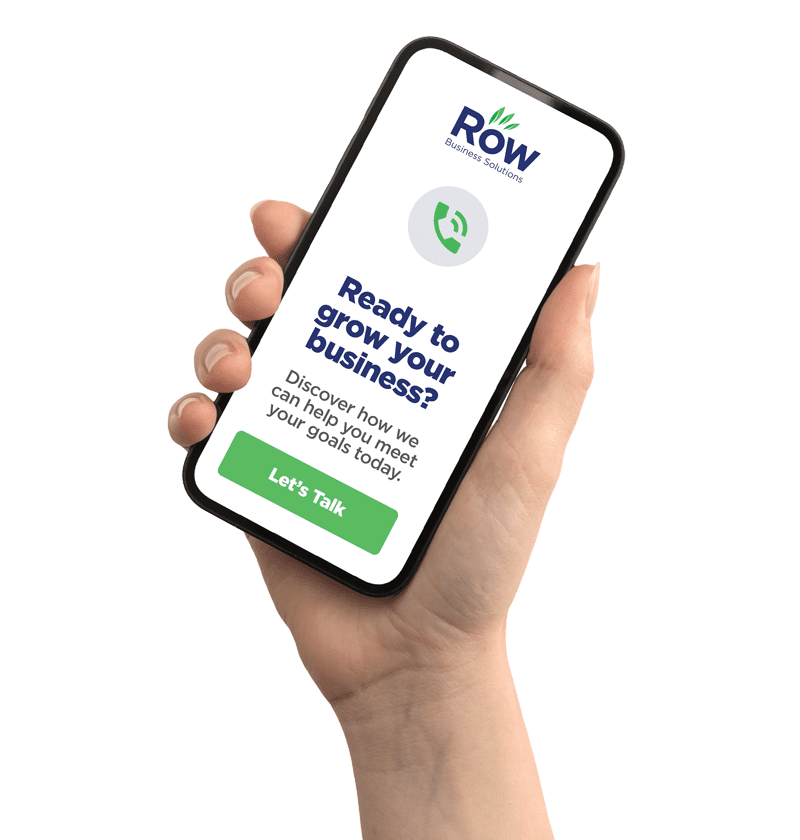The negative impact of a slow website
In this post, we'll look at how your site speed impacts each of these aspects of your business to give you a better idea of what you stand to lose if your site isn't loading quickly enough.
Written by: Row Business Solutions

Bounces and abandoned carts
Bounce rate is the percentage of visitors who leave your website without visiting any other pages. This metric is used as a measure of how engaging your website is, and it's affected by the speed of your site.
If you have a slow-loading site, bounce rates will be higher than if you had a faster one. People are more likely to leave because they don't want to wait longer than they have already been waiting for their page to load.
In addition to causing bounces and abandoned carts (when customers change their mind while browsing), slow sites can also cause lower conversion rates—the number of people who buy something after landing on your website.
Social media referrals and bounce rate
Social media referrals are a great way to get people to your website. But if you have a slow website, you could lose out on these potential visitors.
According to research from Akamai Technologies, even small delays in page load time can result in significant drops in referral traffic. If a user lands on your site and has to wait even just one second for it to fully load (which is pretty much par for the course with today’s internet speeds), there’s an 80% chance that they won’t make it past the homepage before clicking away or giving up completely. This may be why Google added “Page Load Time” as a ranking factor back in 2011; faster websites tend to rank better than slower ones, so if you want more organic traffic from search engines like Google, it pays off big time to optimize both your SEO and your site performance so that users can browse smoothly without interruption or frustration.
Brand reputation
Your brand reputation is also affected by the speed of your website. A slow website can make customers leave and never come back, which means you lose important money for your business. Customers that stay on a slow website are likely to think that you are not trustworthy and not professional. This will also cause them to avoid buying from you in the future, further hurting your bottom line.
A slower website has a serious negative impact on your business
Increased bounce rate
when a visitor leaves your website after viewing only one page, they're considered a "bouncer." A high bounce rate is a sign of a poor user experience and can represent lost conversions or sales.
Reduced conversions
Every second counts when someone is making an important decision, so the longer it takes to load your page, the less likely they'll buy from you or convert into another action on your site (like signing up for an email list).
Reduced time on site
Fewer people will stick around if they have to wait too long for pages to load, which means fewer opportunities for them to engage with other pages that could convert into sales or other valuable actions for you.
Reduced pageviews
Slow performance leads users away from your site before they even get there in the first place! If users are frustrated by how long it takes them to reach content on pages within your website due to loading times being too slow at any point during the journey from search result click-through landing page then it becomes more likely
Conclusion
So, as you can see there are many different ways that a slow website can affect your business. We hope this article helped you to understand the importance of having a fast website and how it will improve customer experience.





